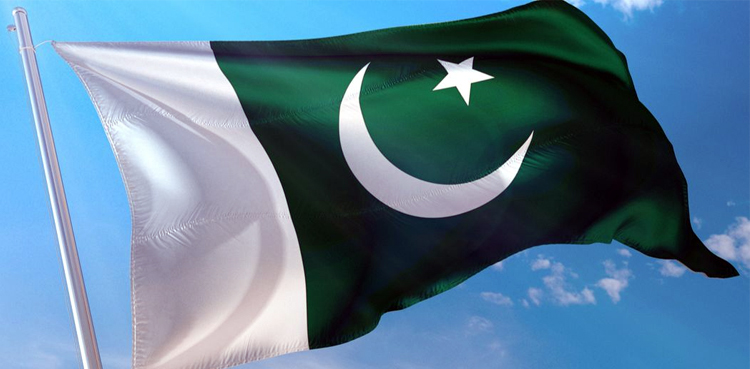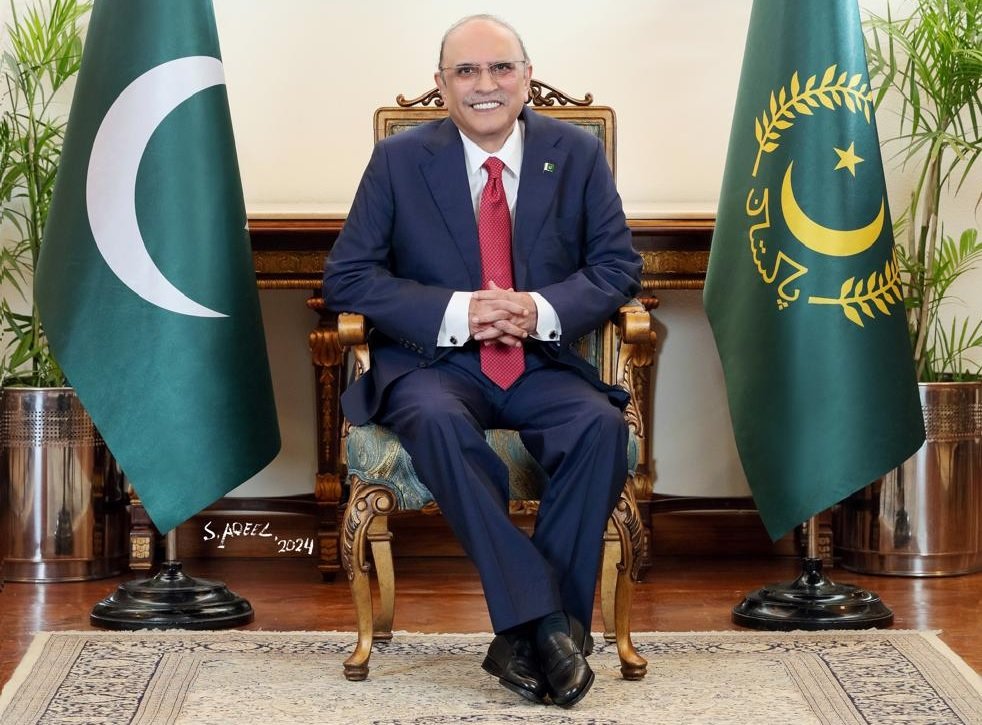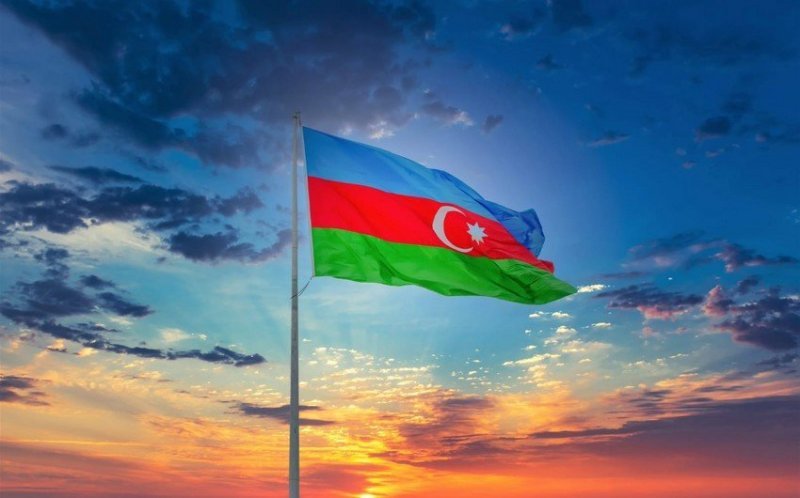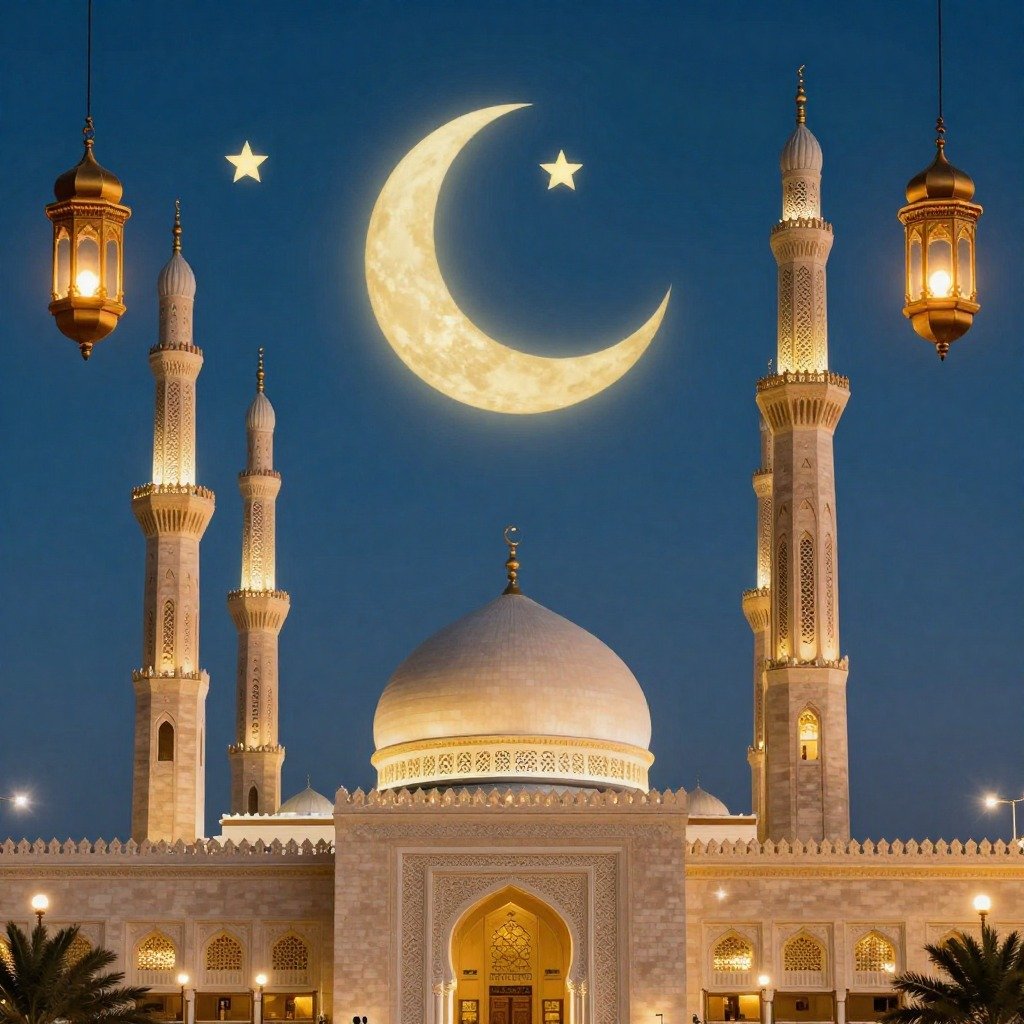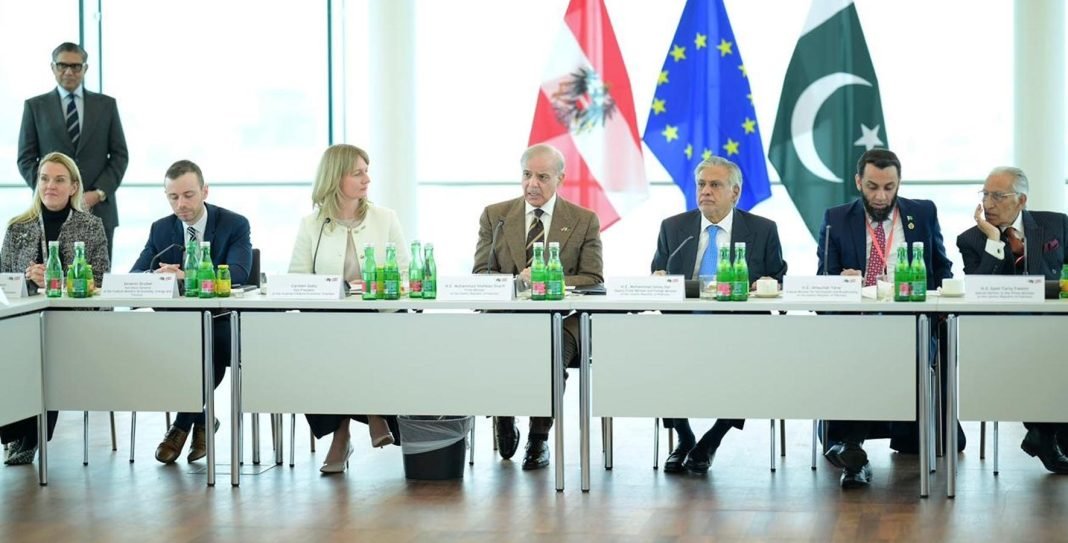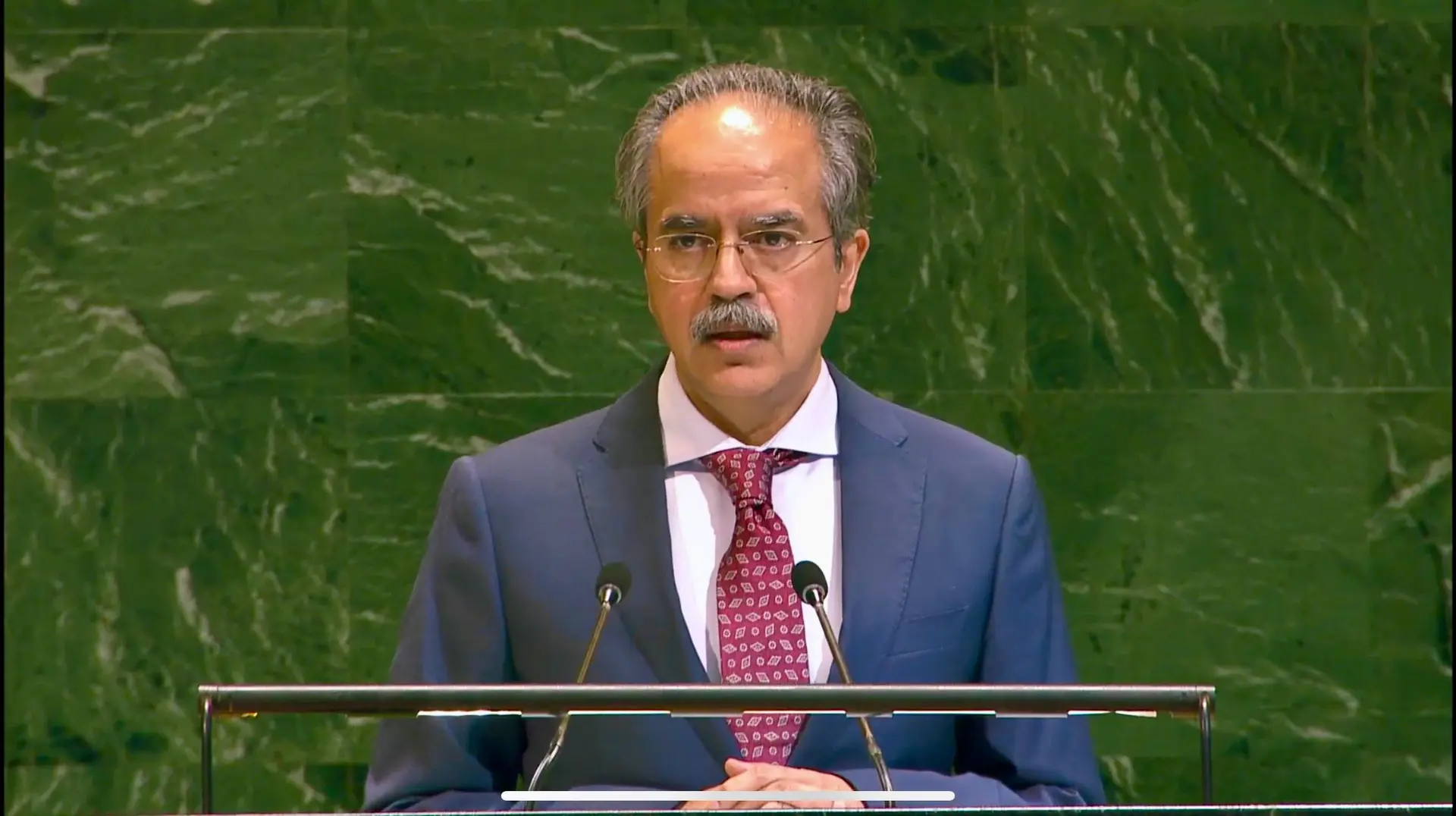The world has witnessed a dramatic transformation in the modes of power. Gone are the days when hard power alone defined global order and shaped international relationships. The 21st century has ushered an era of soft diplomacy and cooperation, a shift that China has understand and capitalized on brilliantly. Today, China is playing a significant role in shaping a new global order based on cooperation, and coexistence. Its peaceful initiatives to connect regional countries and promote stability have earned it global recognition.
As a close ally of China, Pakistan is increasingly adopting similar diplomatic strategies, aiming to engage the world with its core values of peace, partnership and mutual respect. The days when Pakistan’s foreign policy was predominantly security-centric and hardline are gradually fading.
The recent clashes with India have become a turning point where Pakistan is redefining its foreign policy by embracing diplomacy and regional integration as tools for national development. The current regime under the leadership of Prime Minister Shahbaz Sharif, is striving to follow China’s model of win-win cooperation.
His recent diplomatic visits to Saudi Arabia, Turkiye, Azerbaijan, Kazakhstan, Iran and other nations mark a pivotal shift. These visits not reflect Pakistan’s resolve to strengthen alliances but also resulted in the signing of bilateral agreements, MOUs, and billions of investment into Pakistan. These steps show the emergence of Pakistan as an investment-friendly, strategically connected nation.
In contrast, Pakistan is endangering the hegemonic ambitions of India to control South Asia and isolate Pakistan. Today, India is perceived as not reliable country for South Asian countries that only bear the aggressive neighboring policies of India .Pakistan on the other hand is playing significant role in strengthening cordial relationship with regional countries such as Bangladesh, Afghanistan, Iran and others. Undoubtedly, India has become isolated in its attempt to become a sole dominant power in the region due to its hardline policies and unfriendly behavior towards its neighboring countries.
Territorial disputes with Pakistan, Kashmir, China Aksai Chin, Nepal Kalapani–Limpiyadhura–Lipulekh and strained maritime and land border issues with Bangladesh, and Maldives highlights a pattern of aggressive behavior. Notably, the 2020 witnessed road construction through lipulekh pass sparked tensions with Nepal and the movement such as ‘’India Out’’ grow.
Recently, Bangladesh imposed some trade restrictions on imports from India. Meanwhile, the allegations of India against Pakistan and China further deteriorating the peace in the region. The South Asian Association Regional Cooperation (SAARC) is not working effectively, due to the reluctancy of India to engage in high-level dialogue. The region home nearly of 2 billion people, the non-cooperative behavior of India undermines the collective progress.
One must ponder: Can Pakistan’s soft and effective diplomacy pave the way for regional stability and prosperity where India has failed to do so?
India due to its size and the economy adopted hegemonic and hardline approach in dealing with neighboring countries. Thus, Pakistan with its soft diplomacy and powerful leadership can bring prosperity in the region and can uplift billions of people from poverty and present alternative vision for South Asia.
Recent visit of Prime Minister Shahbaz Sharif to Azerbaijan, Kazakhstan, Turkiye, Russia and the Gulf countries reflect a desire of the Pakistani leadership to enhance multi-vector diplomacy. Pakistan can now act as a connector between South Asia, Central Asia and West Asia. Recently, Pakistan attended trilateral Summit in Kazakhstan, Astana on the sideline of Shanghai Cooperation Organization Summit. Three participating countries agreed to cooperate in regional stability and cooperation across diverse areas.
During a five day official visit, the premier meets the leaders of several countries. The leader of Tajikistan agreed to work on CASA 1000 energy project and collaborate on regional stability. All countries welcomed Pakistan’s diplomatic overtures. However, the neutral stance of Russia during the recent India-Pak clashes can be seen as a positive shift in bilateral ties, despite its longstanding ties with India. Russia agreed to invest in Pakistan and work toward regional integration, marking a diplomatic win for Islamabad.
Pakistan is not only an emerging economy but hold geopolitical leverage to become a vital regional actor, with internal peace and effective domestic governance. Pakistan has the potential to create a regional bloc.
This proposed bloc named South and central Asia organization for peace and economy (SCOPE) the bloc envisioned the lost dream of people to live in the developed and peaceful region.
The areas of focus must include enhancing digital trade, tourism, regional free trade, transit connectivity, energy development, CASA1000, Tapi pipeline projects among others. All these initiatives should be lined with the Belt Road and Initiative (BR)I and the China Pakistan Economic Corridor (CPEC), while also addressing climate and human security challenges. Pakistan must work with South Asian countries to revive SAARC as well.
Pakistan is a geopolitically and geostrategic ally important country with access to Arabian sea trade routes, proximity to Central Asia makes it natural leader in this endeavor. Partnership with nations such asAfghanistan,Tajikistan,Uzbekistan,Bangladesh,Kyrgzstan,Turkiye,iran,china,Srilanka,Nepal,Bhutan,Russia,Azerbaijan and Gulf countries all hold very important place in the core of this earth due to their distinctive features and landscape.
Thus, Pakistan must stabilize relations with Afghanistan, a recent normalization of relations between Pakistan and Afghanistan and exchange of diplomatic missionaries is a good step. Pakistan should strengthen relations with major powers. Pakistan must create a regional vision document to show its desires and objectives behind creating a bloc. The above statement can be rephrased or rewritten as a defining paragraph in a book which, among other things, does highlight the regional bloc led by Pakistan, which promotes economic cooperation, connectivity, and clean energy. It thus presents an era of conflict reduction and empowerment of youth as well as resilience to climate and security challenges across South and Central Asia.

The author is a PRCCSF fellow and research analyst having keen interest in foreign policy,history,geopolitics, and international relation
